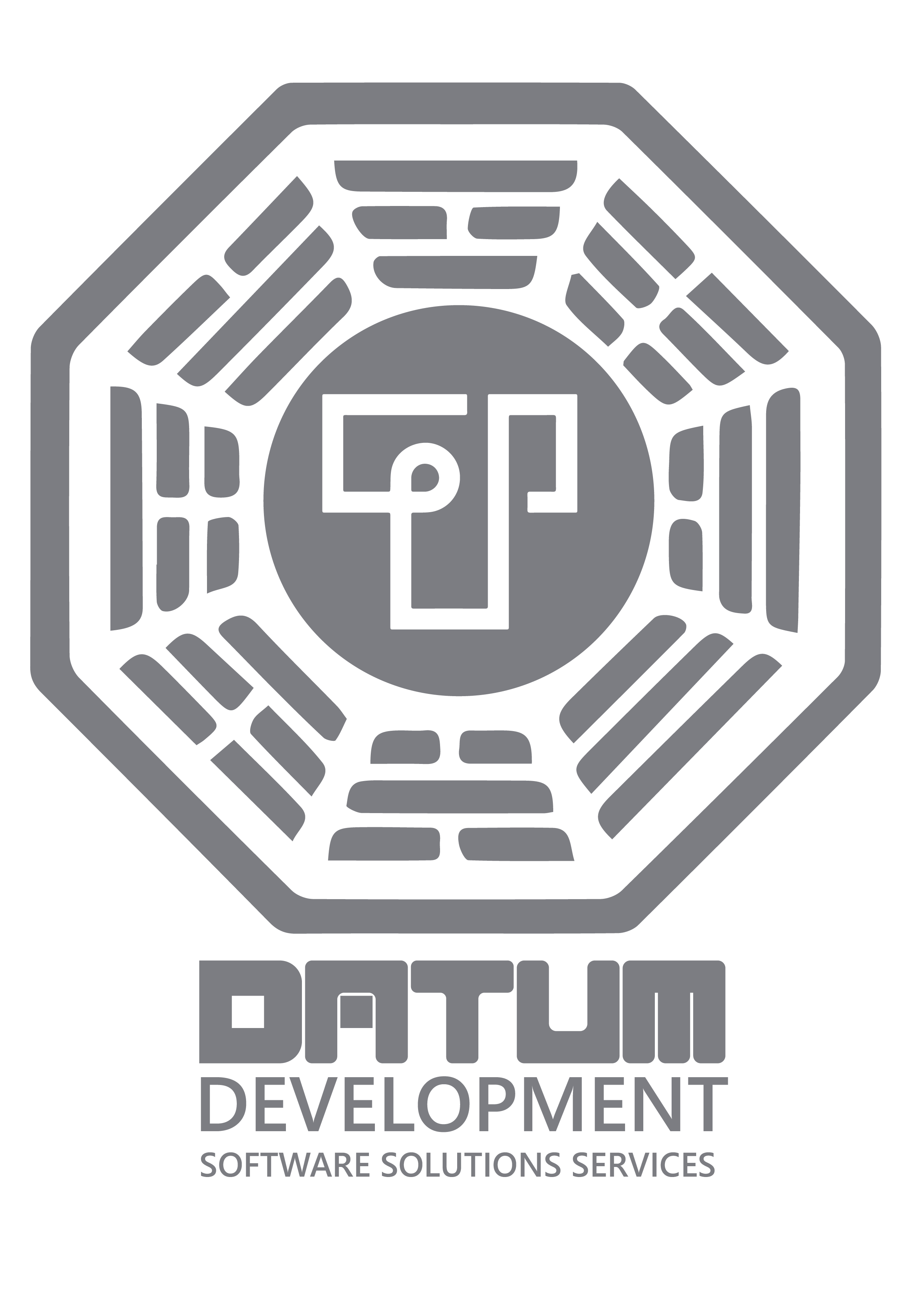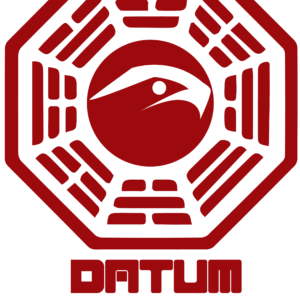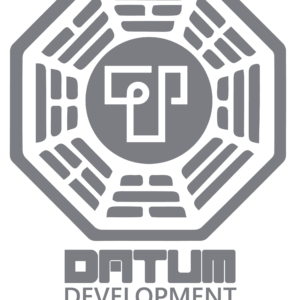Description
Introduction to Programming Course
Course Overview: This course provides a foundational understanding of programming concepts and practices, aimed at beginners who are new to coding. It introduces basic programming principles, syntax, and problem-solving techniques using a programming language such as Python, JavaScript, or Java. By the end of the course, students will be able to write simple programs, understand fundamental programming concepts, and be prepared for more advanced programming studies.
Looking at the following programming languages:
1. Javascript
2. Python
3. Go
4. Java
5. Kotlin
6. PHP
7. C#
8. Swift
9. R
10. Ruby
11. C and C++
12. Matlab
13. TypeScript
14. Scala
15. SQL
16. HTML
17. CSS
18. NoSQL
19. Rust
20. Perl
Module 1: Introduction to Programming
- What is Programming?
- Definition and purpose of programming
- Overview of programming languages and their uses
- Setting Up the Development Environment
- Installing necessary software (IDEs, compilers, interpreters)
- Introduction to development environments (e.g., PyCharm, VS Code)
- Writing Your First Program
- Creating a simple “Hello, World!” program
- Understanding basic program structure
Module 2: Basic Programming Concepts
- Variables and Data Types
- Defining and using variables
- Understanding different data types (integers, floats, strings, booleans)
- Operators
- Arithmetic operators (+, -, *, /, %)
- Comparison operators (==, !=, >, <, >=, <=)
- Logical operators (and, or, not)
- Input and Output
- Taking user input
- Displaying output to the console
Module 3: Control Structures
- Conditionals
- Using if, else, and elif statements
- Nested conditionals and logical expressions
- Loops
- Introduction to for and while loops
- Loop control statements (break, continue)
- Iterating over collections (lists, arrays)
Module 4: Functions
- Defining Functions
- Creating and calling functions
- Understanding function parameters and return values
- Scope and Lifetime
- Local vs. global variables
- Understanding variable scope and lifetime
- Built-in Functions
- Using common built-in functions and libraries
- Introduction to standard libraries
Module 5: Data Structures
- Lists/Arrays
- Creating and manipulating lists or arrays
- Accessing, modifying, and iterating over elements
- Dictionaries/Objects
- Understanding key-value pairs
- Creating and using dictionaries or objects
- Basic Data Manipulation
- Performing operations on data structures
- Sorting and filtering data
Module 6: Error Handling and Debugging
- Common Errors and Exceptions
- Identifying and understanding common syntax and runtime errors
- Debugging Techniques
- Using debugging tools and techniques
- Writing and interpreting error messages
- Exception Handling
- Using try, except, and finally blocks for error handling
Module 7: Basic Project and Practice
- Mini Project
- Developing a simple project that incorporates learned concepts (e.g., a calculator, a to-do list)
- Practice Exercises
- Solving programming exercises to reinforce concepts
- Code challenges and practice problems
Module 8: Review and Next Steps
- Course Review
- Recapping key concepts and skills learned throughout the course
- Introduction to Advanced Topics
- Overview of more advanced programming topics (e.g., object-oriented programming, algorithms)
- Resources for Further Learning
- Recommended resources for continued learning (books, online courses, coding platforms)




Reviews
There are no reviews yet.